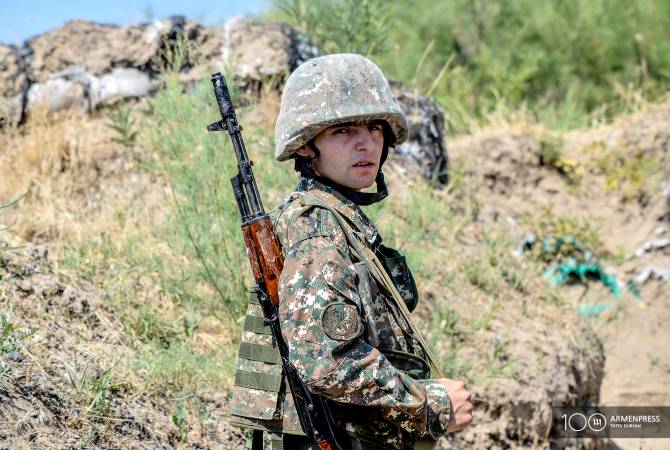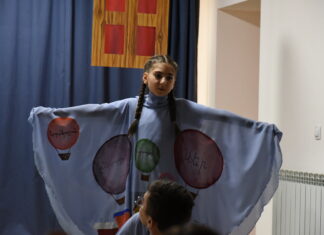By Amberin Zaman
ISTANBUL (Al-Monitor) — Turkey warned its eastern neighbor Armenia on July 16 that it would bear the consequences for its attacks against its ethnic Turkic kin in Azerbaijan that have killed 16 people on both sides since border clashes flared up between the former Soviet states on July 12. (https://www.al-monitor.com/pulse/originals/2020/07/turkey-threat-armenia-azerbaijan-conflict-akar-karabakh.html)
At least 11 of them were Azerbaijanis, including a major general and a colonel in the country’s defense forces. It was the worst outbreak of hostilities since April 2016, when scores were killed in four days of fighting.
Turkish Defense Minister Hulusi Akar said Armenia would “definitely pay” for its actions following talks in Ankara with Azerbaijan’s Deputy Defense Minister Ramiz Tahirov, who is also the oil-rich republic’s air force chief. Akar said Turkish President Recep Tayyip Erdogan was in touch with his Azerbaijani counterpart Ilham Aliyev and that the Turkish leader was “following developments very closely.”
“The pain of the Azerbaijani Turk is our pain. We want you to know that any kind of difficulties that you feel there [in Azerbaijan] are felt here [in Turkey] very deeply. The blood of our Azerbaijani brothers will not remain unavenged,” Akar added.
Clashes between the sides in the Tavush region resumed today after a brief pause. A spokesperson for Armenia’s Defense Ministry, Sushan Stepanyan, said Azerbaijani forces were shelling Armenian villages with mortars and howitzers and using Azerbaijani villagers in the hilly region as “human shields.” Azerbaijan blamed Armenia for today’s attacks.








